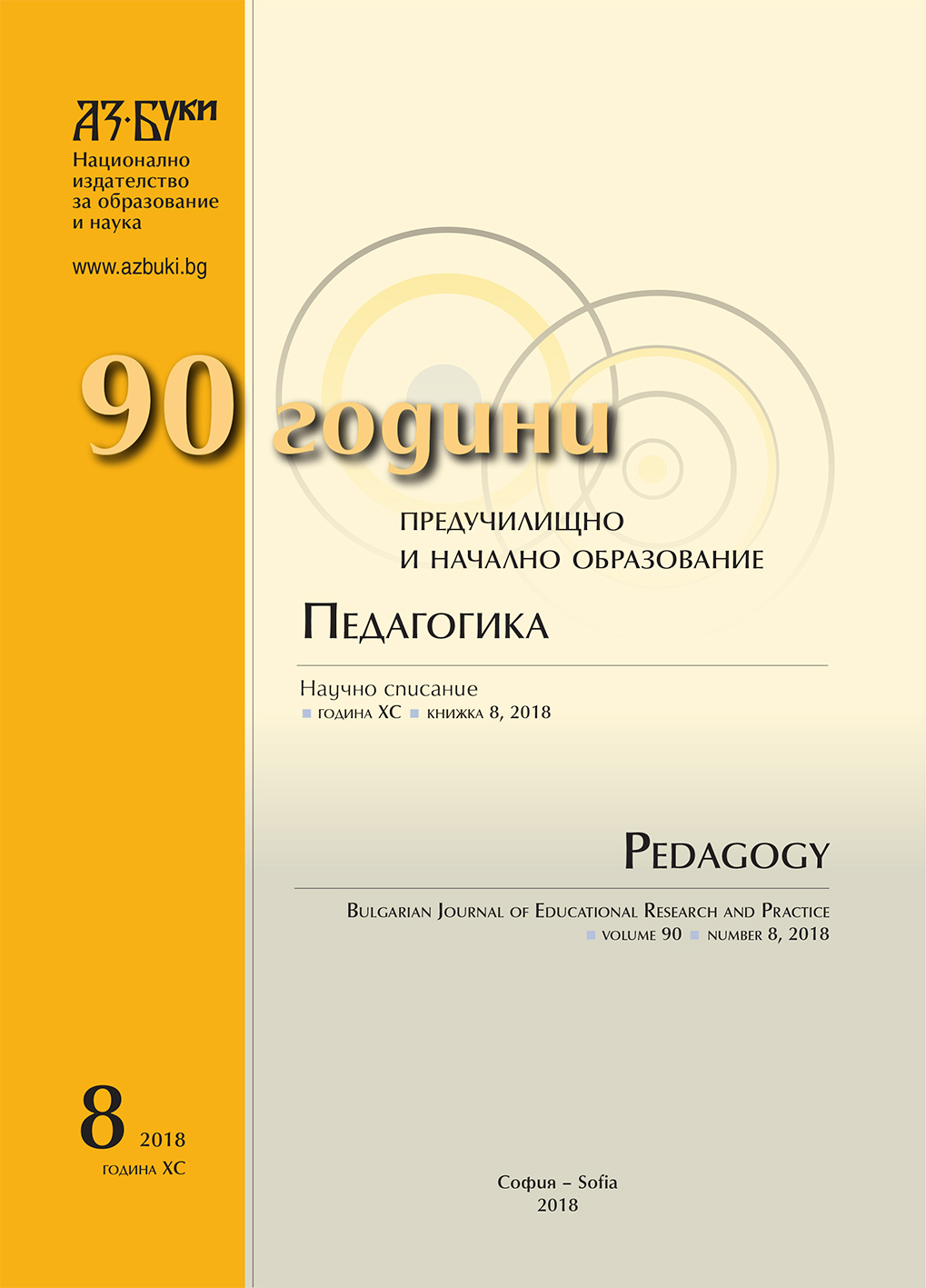Роля на психолога в приобщаващото образование
The Psychologists’ Roles in Iinclusive Education
Author(s): Аneta AtanasovaSubject(s): Social Sciences, Education, Psychology, Sociology, School education, History of Education, Educational Psychology, State/Government and Education, Social psychology and group interaction, Social development, Social differentiation, Family and social welfare, Economic development, Social Norms / Social Control, Inclusive Education / Inclusion
Published by: Национално издателство за образование и наука „Аз-буки“
Keywords: inclusive education; educational psychologist; educational psychologist’s roles; educational psychologist’s competencies
Summary/Abstract: Inclusive education in Bulgaria is trying to make its way as part of the government politics backed with the relevant normative documents for the last twenty years. Although the topic is not novel, it is still actual, significant and discussable. The transition from integration into inclusion is already a fact at the normative base and is still being slowly established in human consciousness and in the practice of kindergartens and schools. The full understanding and real accomplishment of inclusive practice is a process which should be supported by the professional psychological society. Bulgarian psychologists still unsurely walk forward, participate and impose their competence in the scope of inclusive education. The psychologists’ roles are many-handed and complicated. The report conceptualizes and discusses the main activities, roles and competences which the psychologists should own, participating into the process of inclusive education.
Journal: Педагогика
- Issue Year: 90/2018
- Issue No: 8
- Page Range: 1052-1066
- Page Count: 15
- Language: Bulgarian
- Content File-PDF

